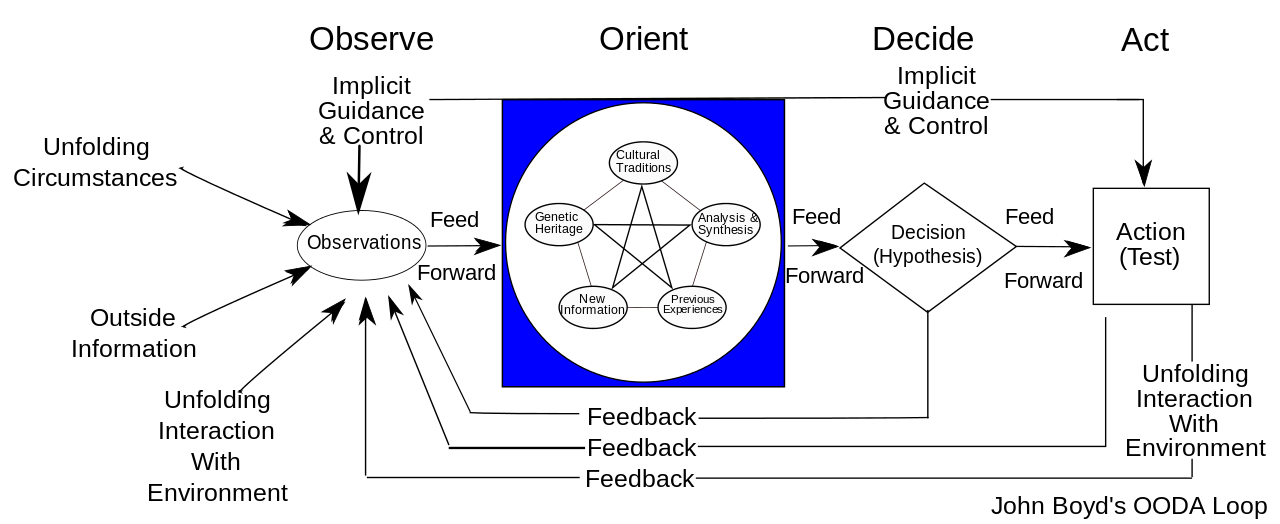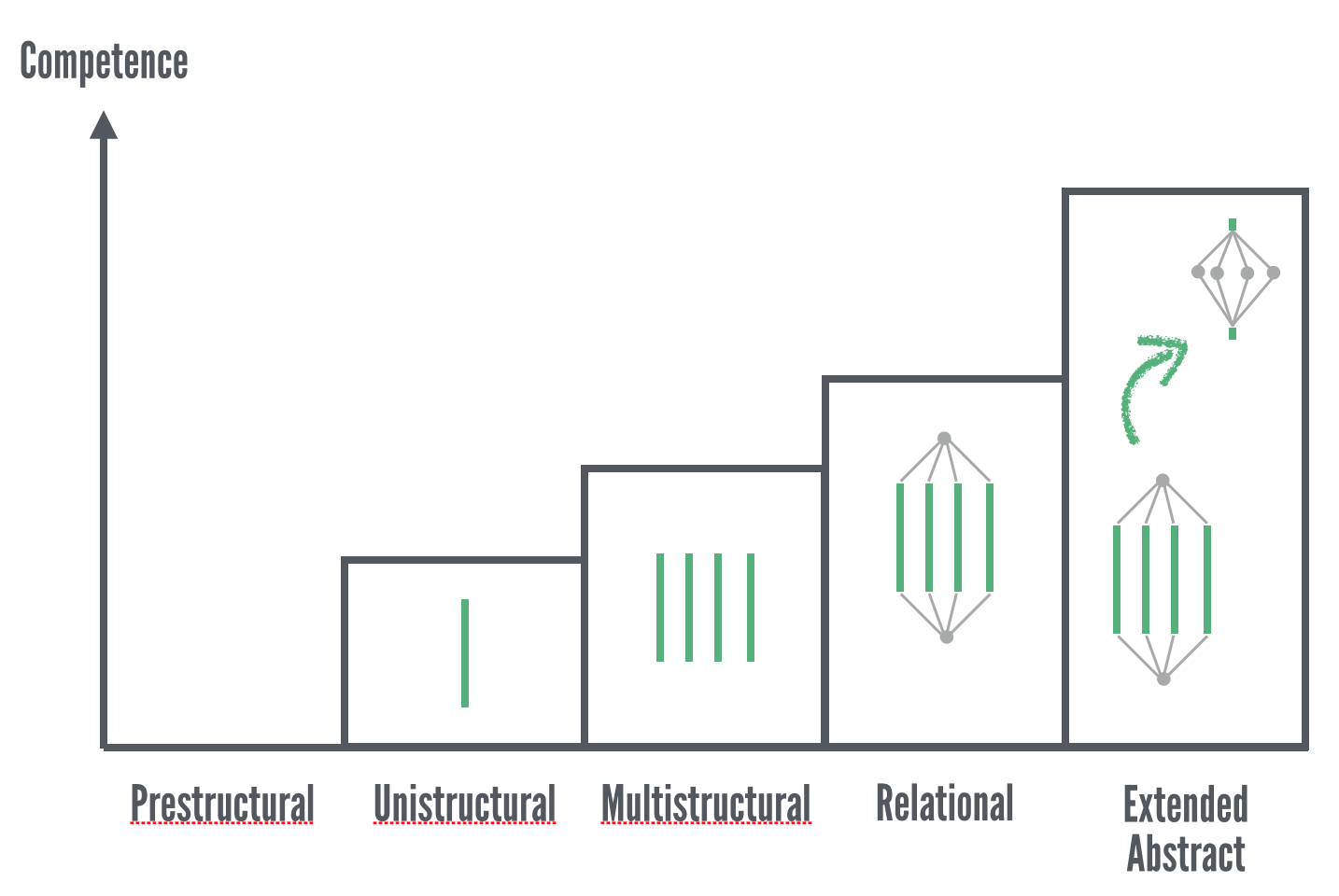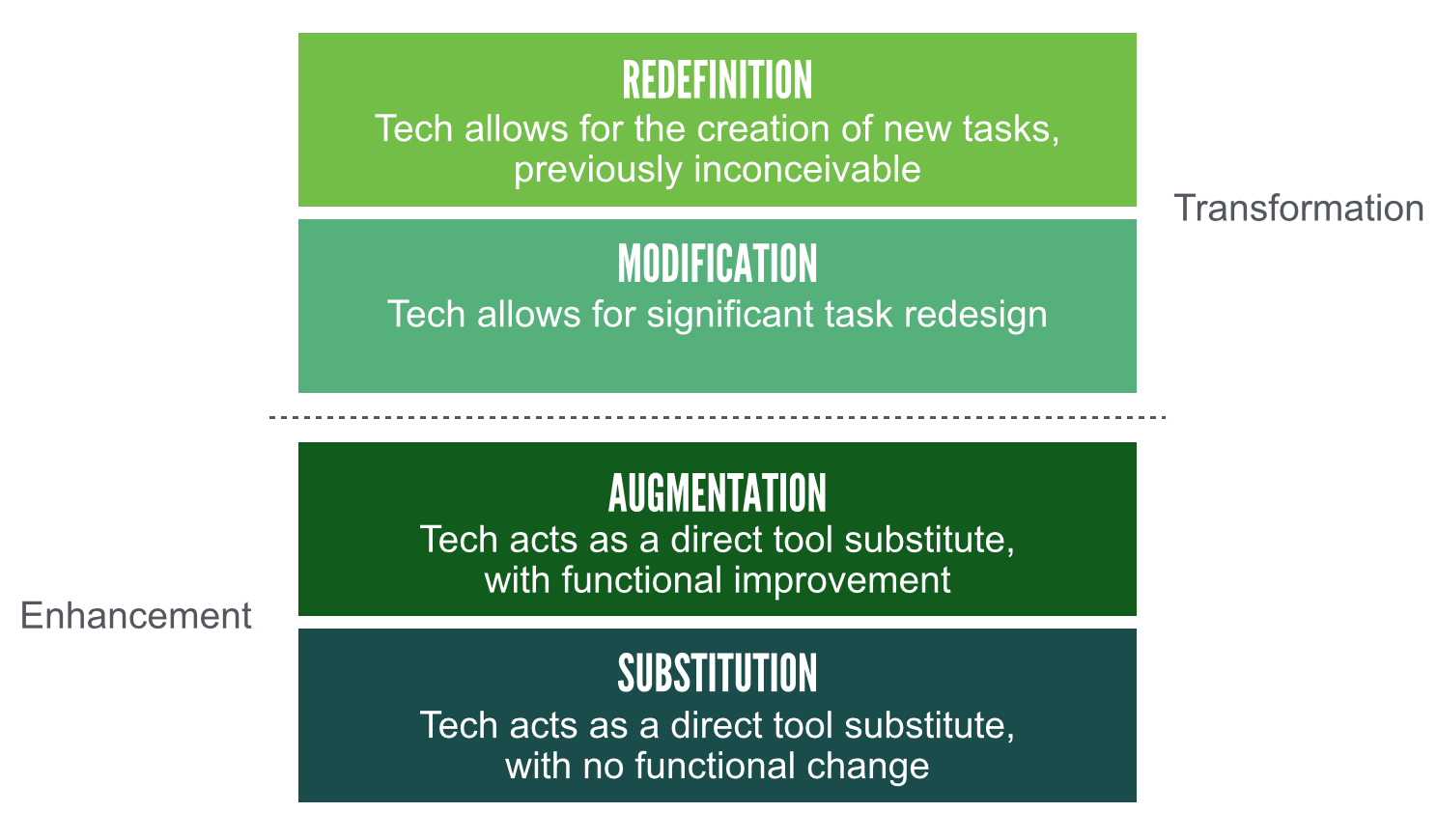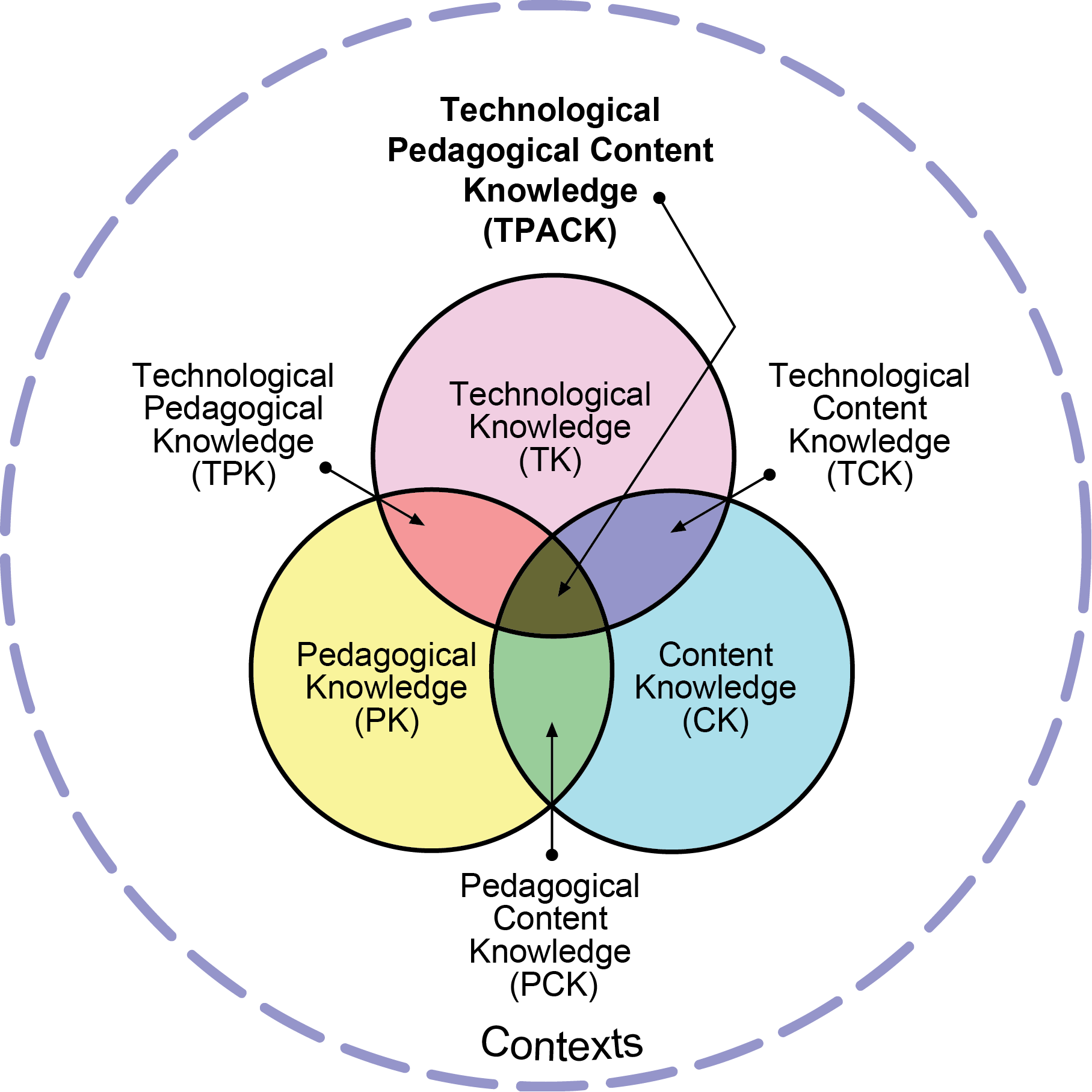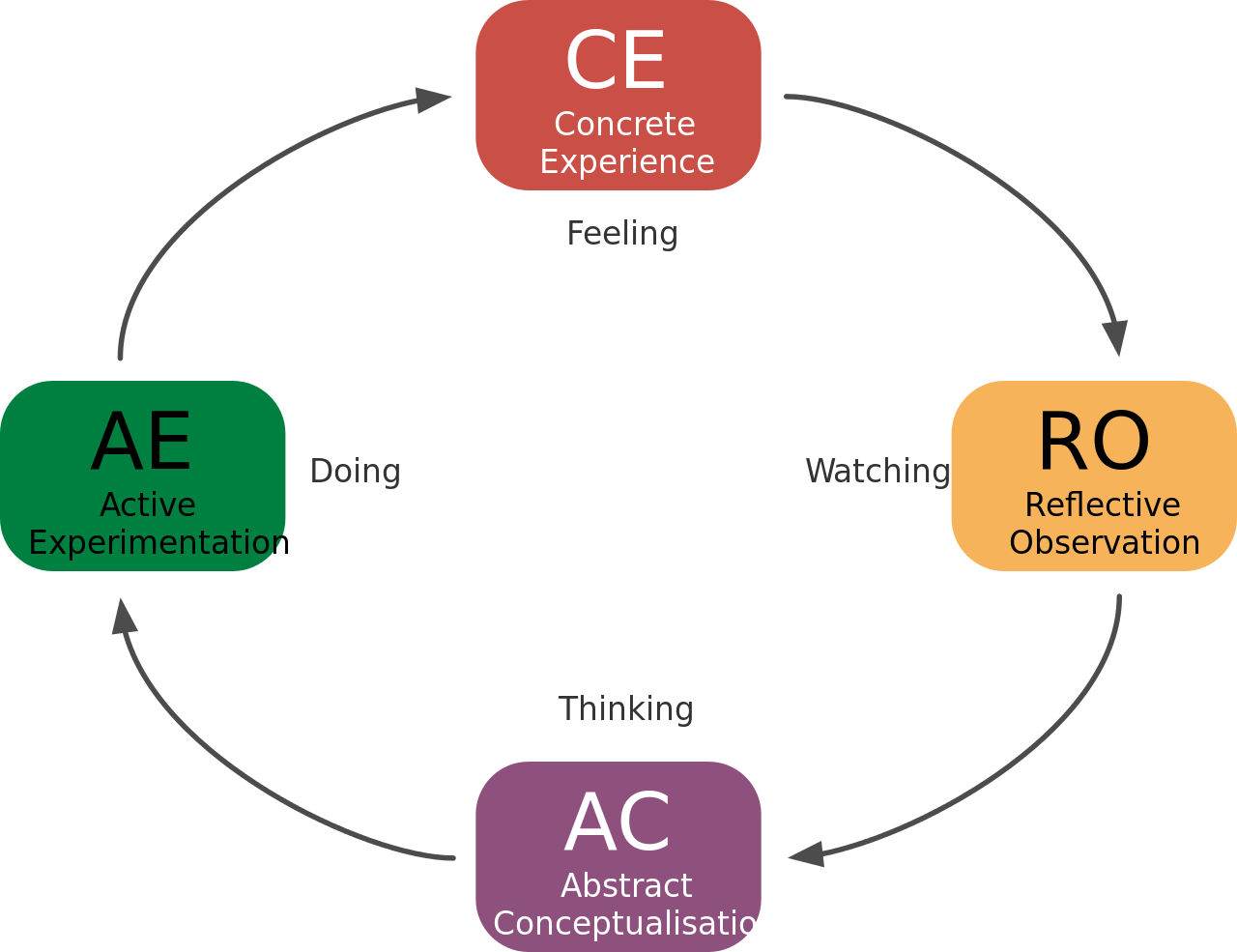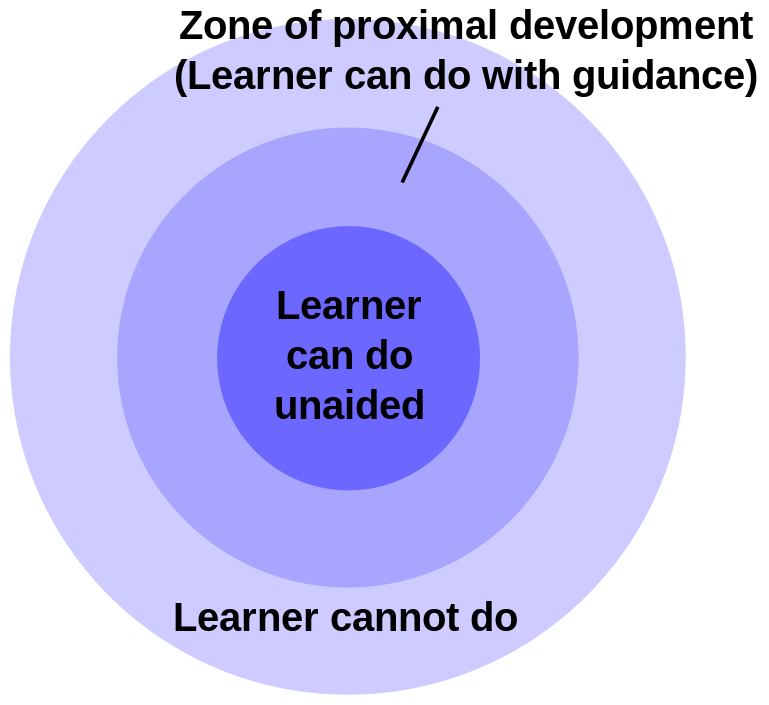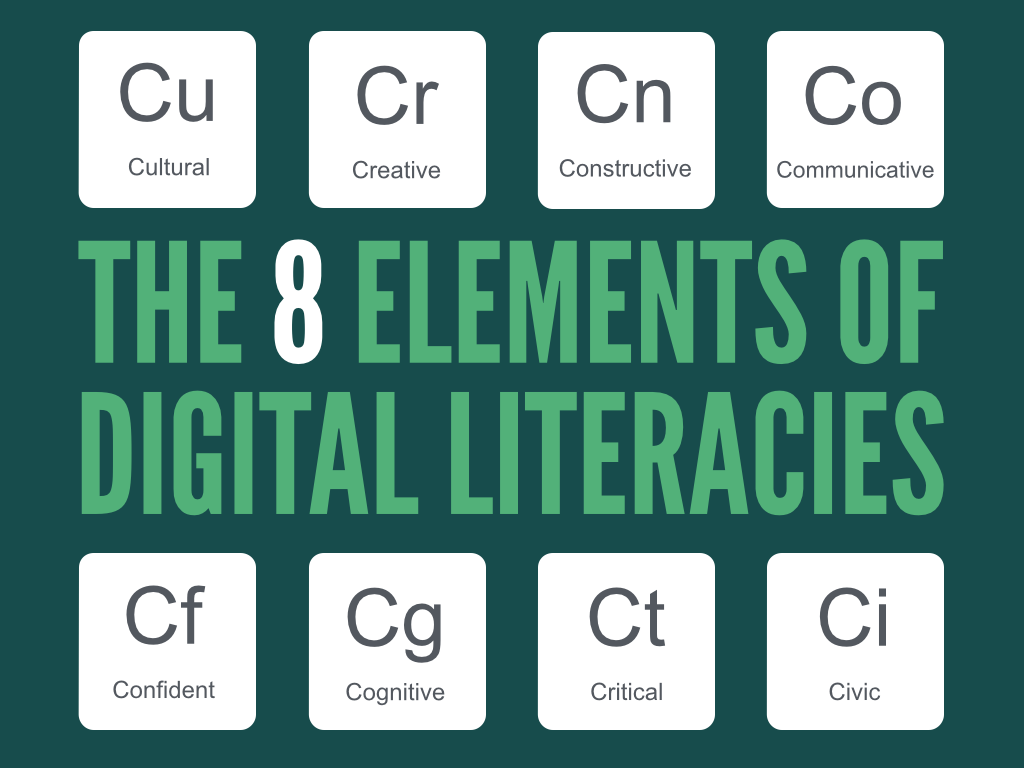My takeaways from Stephen Downes’ talk on personal learning
In general, I have great intentions to watch recorded presentations. However, in reality, just like the number of philosophy books I get around to reading in a given year, I can count the number I sit down to watch on the fingers of one hand.
I’ve been meaning to watch Stephen Downes’ talk on personal learning since he gave it at the at the Canada MoodleMoot back in February. Since I’m talking with him this afternoon about Project MoodleNet, that served as a prompt to get around to watching it.
(as an aside, it’s a blessing to be able to play YouTube videos at 1.5 or double speed — presentations, by their nature aren’t as information-dense as text!)
Groups vs Networks
Downes has been talking about groups vs networks since before 2006. In fact, I often reference this:
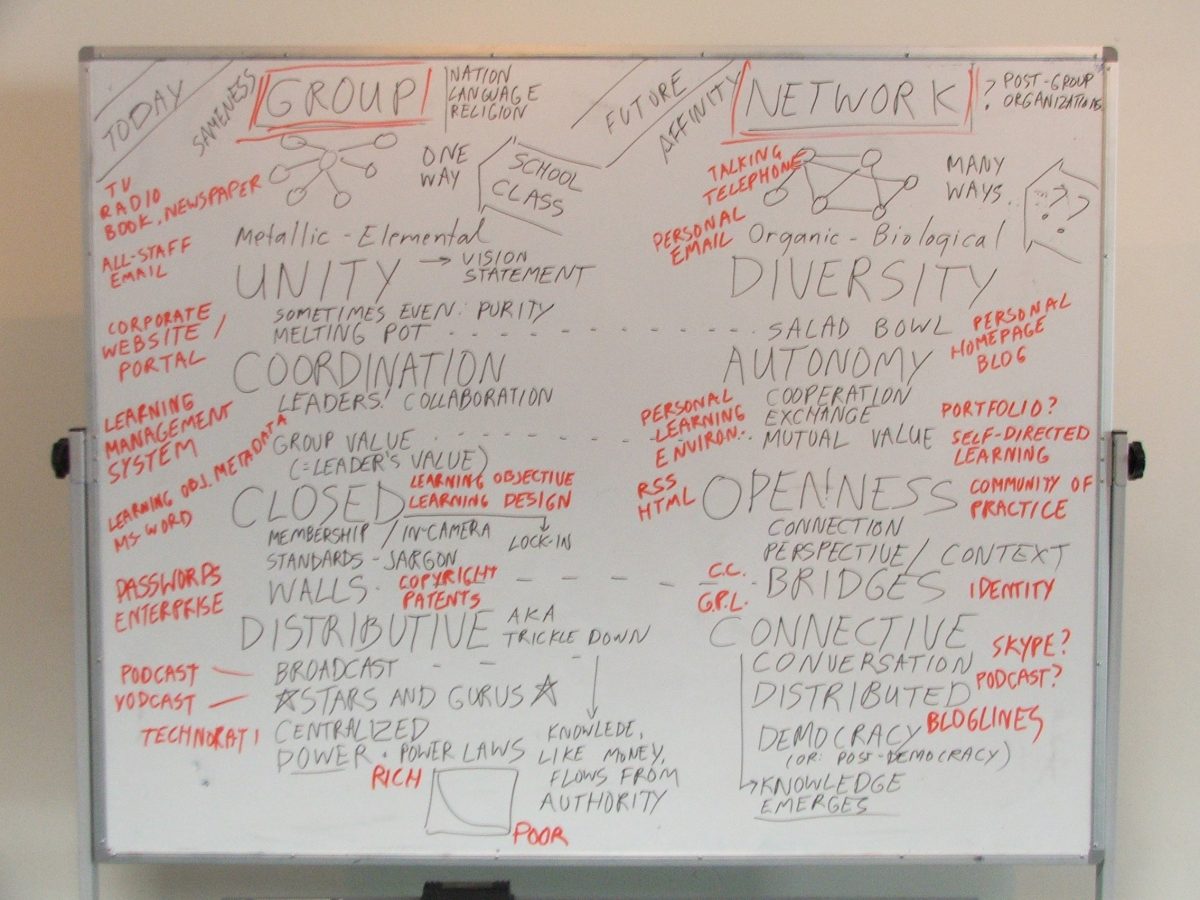
The presentation builds on this, and references a tool/environment he’s built called gRSShopper.
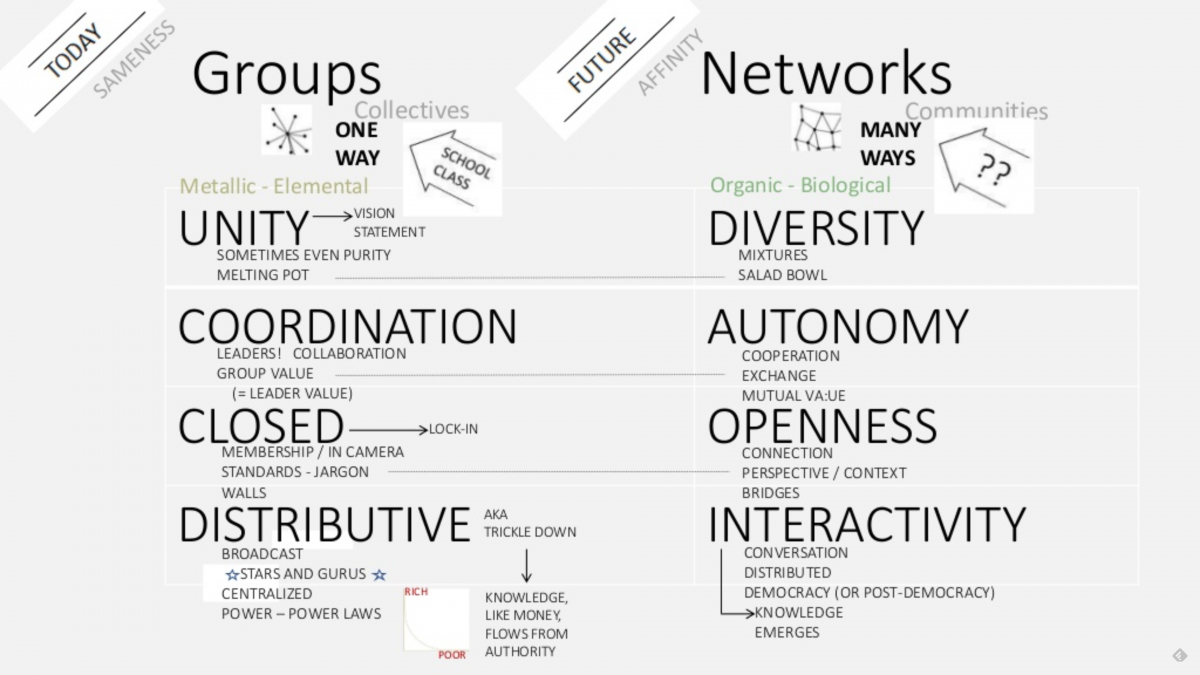
Downes doesn’t link any of this to politics, but to my mind this is the difference between authoritarianism and left libertarianism. As such, I think it’s a wider thing than just an approach to learning. It’s an approach to society. My experience is that some people want paternalism as it provides a comfort blanket of security.
Personalized vs Personal
There’s plenty of differences between the two approaches. In his discussion of the following slide, Downes talks about the difference between a ‘custom’ car and a customised car, or an off-the-self suit versus one that’s tailored for you.
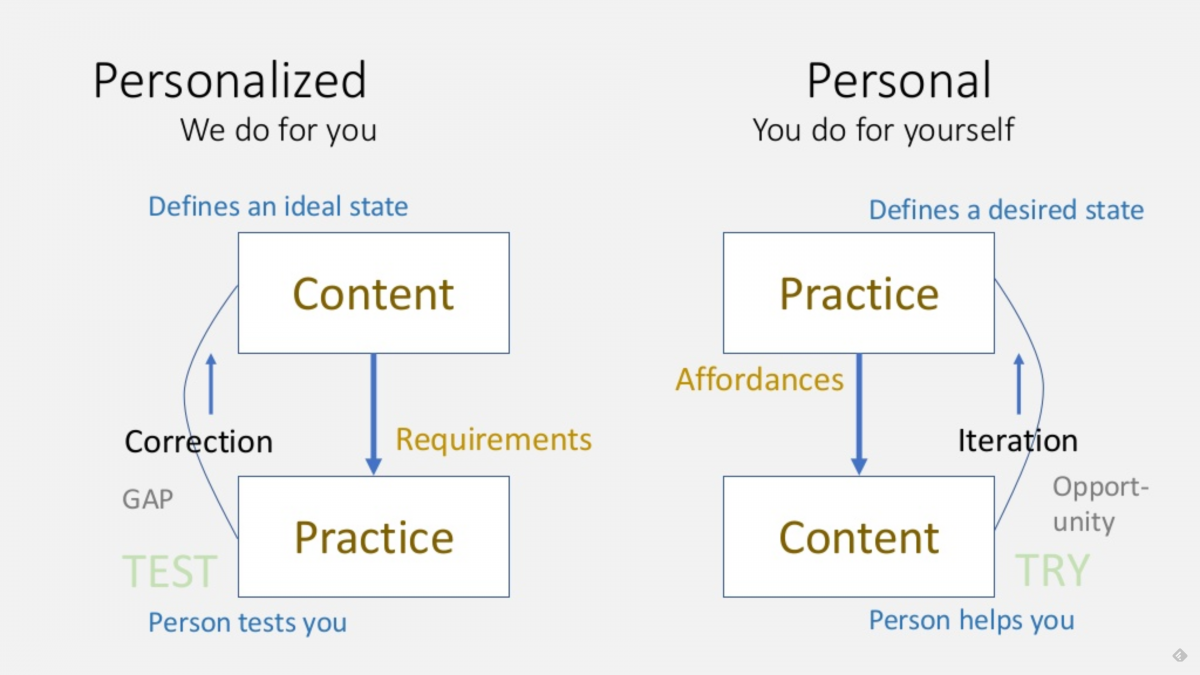
My position on all of this is very similar to Downes. However, I don’t think we can dismiss the other view quite so easily. There has to be an element of summative assessment and comparison for society to function — at least the way we currently structure it…
Personal Learning Environments
Downes’ custom-build system, gRSShopper, is built with him (the learner) in the middle. It’s a PLE, a Personal Learning Environment:
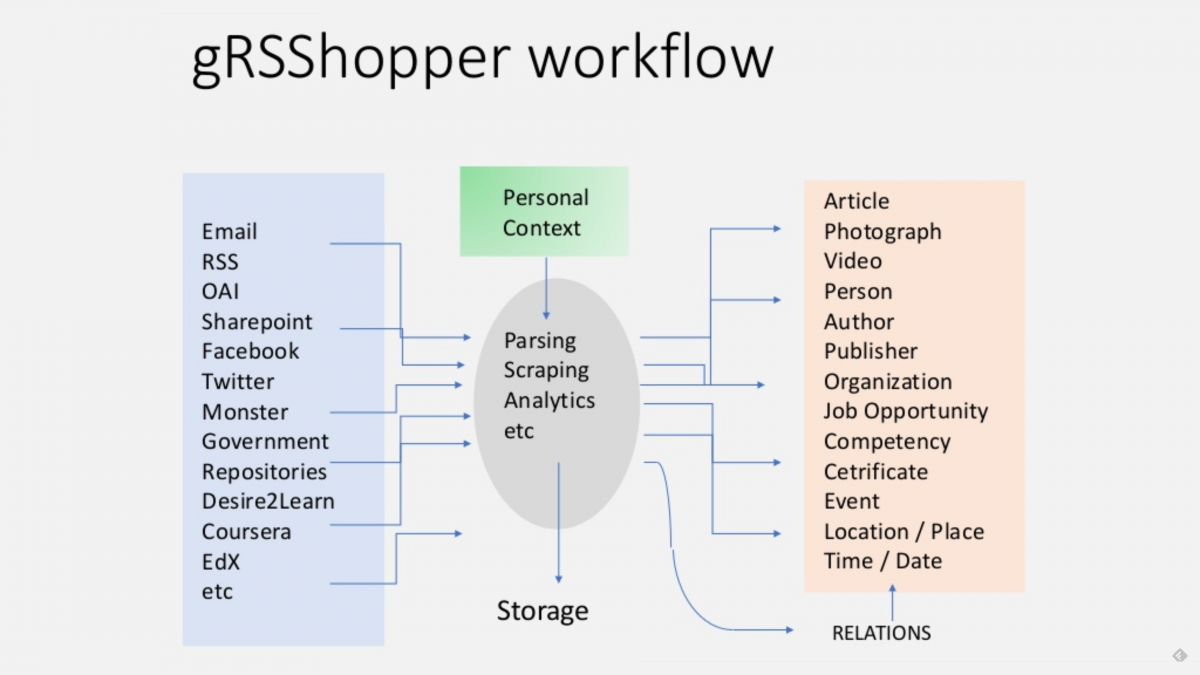
All of this is based on APIs that pull data from various systems, allow him to manipulate it in various ways, and then publish outputs in different formats.
Note that all of this, of course, depends upon open APIs, data, and resources. It’s a future I’d like to see, but depends upon improving the average technical knowledge and skills of a global population. At the same time, centralised data-harvesting services such Facebook are pointing in the opposite direction, and dumbing things down.
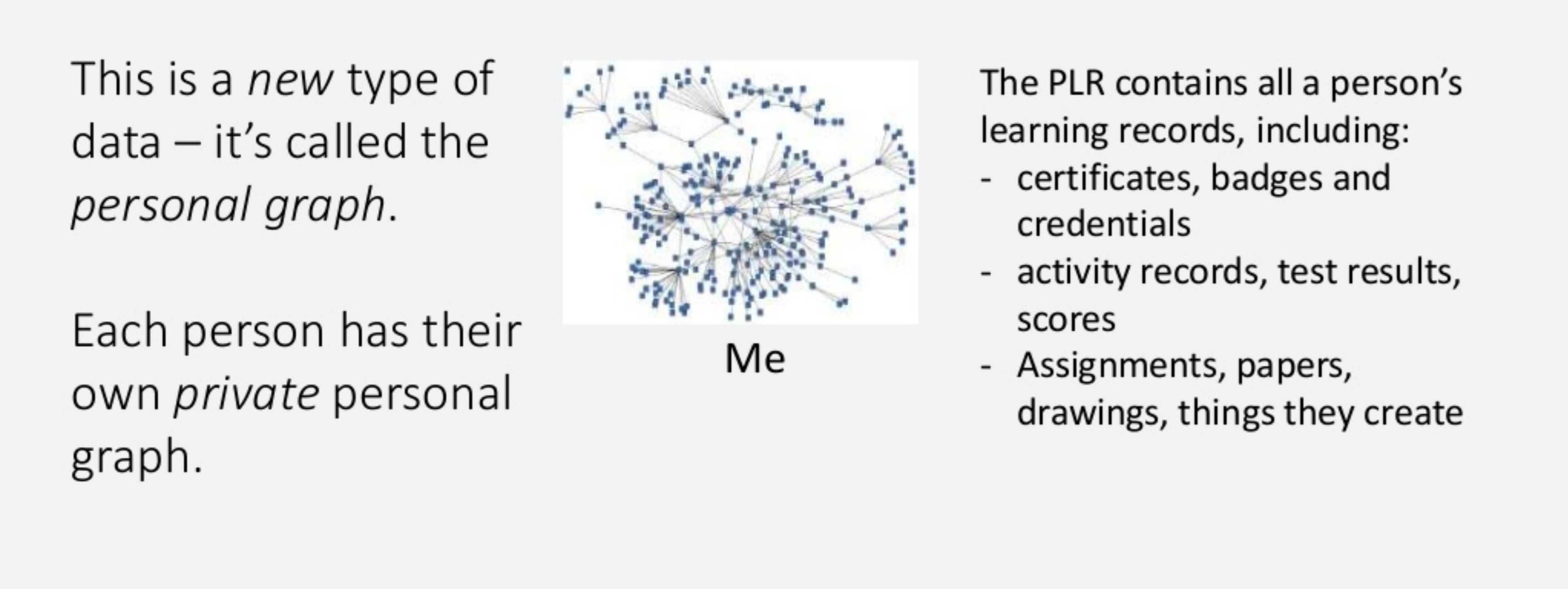
So gRSShopper creates what Downes calls a Personal Learning Record, complete with ‘personal graph’ that is private to the learner. This is all very much in keeping with the GDPR.
Data aggregation and analytics
The real value in all of this comes in being able to aggregate learning data from across platforms to provide insights, much as Exist does with your personal and health data.
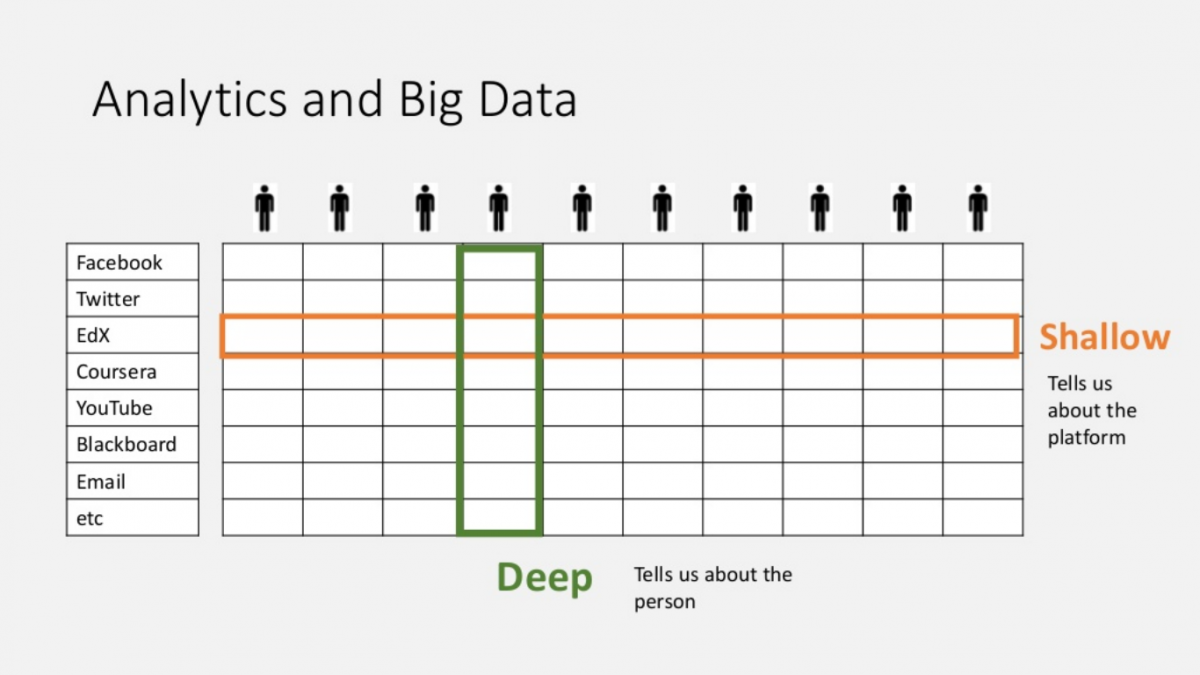
Downes made comments about pulling resources and data between systems, about embedding social networks within the PLE, and browser plugins/extensions to make life easier for learners. I particularly liked his mention of not just using OERs as you learn, but creating them through the process of learning.
Conclusion
I’m looking forward to our conversation this afternoon, as I’m hoping it will either validate, or force me to rethink the current approach to Project MoodleNet.
Main image CC0 Marvin Meyer



